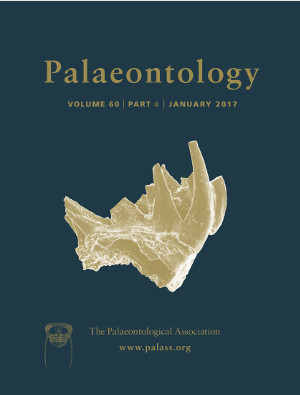Reg. Charity No. 1168330

We investigate resource and habitat use by apex predators through stable isotope analysis at two Spanish Late Miocene localities: Los Valles de Fuentidueña (~9.6 Ma, LVF) and Cerro de los Batallones (~9.1 Ma, BAT). The temporal window represented by LVF and BAT was crucial in the shaping of the current Iberian mammalian structure because it corresponds to the initial stages of a faunal turnover episode and regional environmental change at ~9.5–8.5 Ma (Vallesian–Turolian transition), associated with an increase in the seasonality of precipitation. Herbivore and carnivore δ13C and δ18O values do not point to significant changes in either the vegetation cover (a woodland to mesic C3 grassland) or the hydrological regime during the time lapse represented between LVF and BAT. This suggests that the environmental shift recorded around the Vallesian–Turolian boundary may have occurred later in time, since LVF and BAT ages are synchronic with the onset of the turnover event. From the standpoint of predator–prey evaluation by means of stable isotope analysis, statistical post hoc tests, mixing model output, and the assessment of niche occupation by LVF and BAT carnivores point to high levels of interspecific competition among large active carnivores, albeit some genera, such as the amphicyonid Magericyon and specially the hyaenid Lycyaena, seemed to avoid competition by taking prey from a more open habitat. Despite the drop in diversity and change in faunal components observed between the LVF and BAT assemblages, a high degree of resource and habitat competition is evident from stable isotope data.